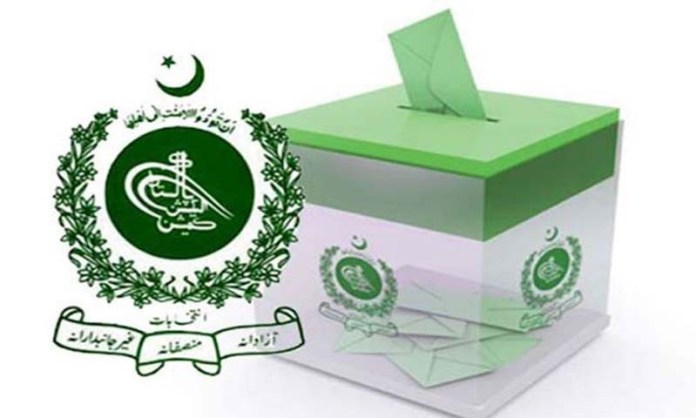Editorial
The Election Commission of Pakistan’s (ECP) decision to withhold reserved seats from the Sunni Ittehad Council (SIC) not only raises serious concerns about fairness and adherence to democratic principles but also potentially disenfranchises a significant portion of the population who support the SIC. This move, seen by many as an extension of efforts to weaken the PTI (Pakistan Tehreek-e-Insaf), is riddled with questionable justifications.
The ECP claims the SIC’s failure to submit a pre-election list of reserved seat candidates disqualifies them. However, this technicality seems flimsy. The ECP itself set a precedent in 2019 by allocating a reserved seat to the Balochistan Awami Party, which also did not participate in the elections. This inconsistency casts doubt on the ECP’s motives.
Further undermining the decision’s legitimacy is the ECP’s plan to distribute the unallocated seats to other parties, particularly the PML-N and PPP. This move disregards the ethical principle of fair representation and seems to favor established parties over a potentially significant minority voice.
A dissenting voice within the ECP, Babar Hassan Bharwana, highlights the constitutional violation. He points out that reserved seats are allocated based on a party’s overall performance, not just participation. This strengthens the SIC’s claim that the current assemblies are incomplete and lack proper representation.
The consequences of this decision are not just far-reaching but also potentially disruptive. It throws the upcoming presidential election and Senate seat fillings into question due to the incomplete assemblies. The PTI’s legal challenge and the involvement of multiple high courts not only highlight the potential for a prolonged political and legal battle but also the immediate need for a resolution.
While the courts must ultimately interpret the law and settle the dispute, a broader issue emerges. This episode underscores the strain on the judicial system due to political wrangling. It also emphasizes the importance of political actors finding solutions within political forums, taking responsibility for the impact of their decisions on the judicial system’s workload rather than burdening courts already struggling with a backlog of cases.
The ECP’s decision is a setback for democracy and fair representation. The courts have a crucial role to play in ensuring a just resolution, but a broader lesson lies in the need for political actors to find common ground through dialogue rather than resorting to legal battles.
Please, subscribe to the YouTube channel of republicpolicy.com

















